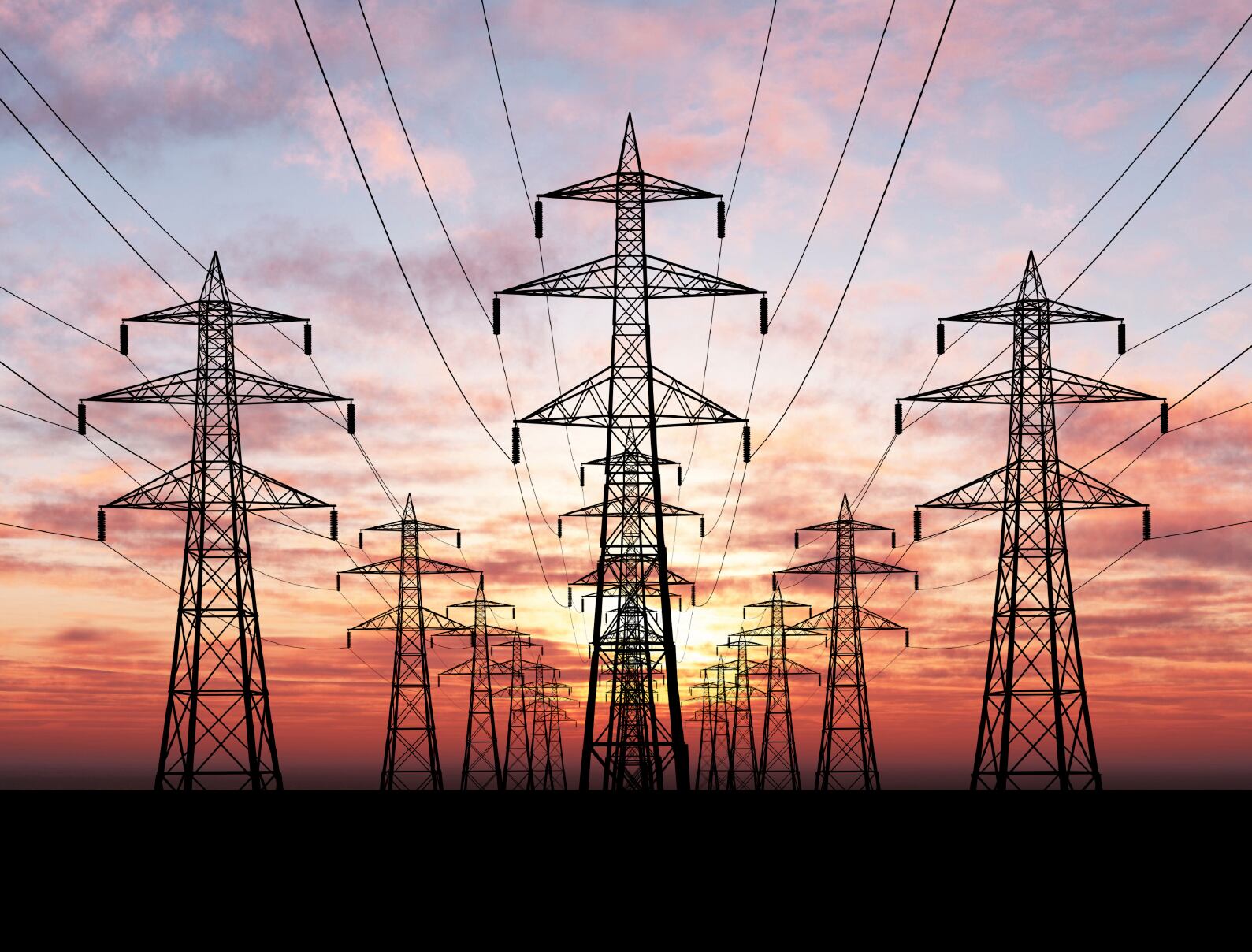Aggreko – a supplier of mobile modular power, temperature control and energy services – said manufacturers were increasingly re-evaluating their equipment procurement strategies in the wake of energy pressures.
Matt Watson, European manufacturing sector export at Aggreko Europe, highlighted the importance of looking into other technologies to help maintain power baseloads at a time of great challenge for the industry.
Industry blackouts
His comments followed the results of a recent Make UK survey that found more than two thirds (70%) of surveyed manufacturing business leaders feared blackouts amid the fallout of the energy crisis. The industry group also said that cutting financial support would exacerbate job losses and reduce factory output, hurting the economy.
With the threat of recession looming on the horizon and support being cut, businesses need to act and evaluate new approaches if they are to avoid an ever-worsening situation of unreliable grid supply and the knock-on effects including expensive unplanned downtime, Watson warned.
“With ageing grid infrastructure and global factors continuing to impact financial bottom lines, one thing is clear – the manufacturing industry cannot stand still and it is encouraging that new ways of thinking and acting are being embraced,” he continued.
Decentralised energy solutions
Watson suggested decentralised energy solutions could provide an approach that can mitigate challenges posed by grid power constraints and build site resilience. Specifically, he advocated that business stakeholders look beyond purchasing supporting generators that may be over or under-specified for rapidly fluctuating power demand and grid provision.
“A major consequence of volatile energy costs and supplies is that businesses are finding it more difficult to plan ahead,” he concluded. “Consequently, manufacturers need to expand their equipment approach beyond simply purchasing generators outright. Given the large fluctuations in fuel costs and required output, such an approach may be costly in both the short- and long-term.
“Instead, we would recommend organisations look at alternative strategies, including the hire of load-on-demand, combined heat and power, and battery energy storage systems. With the business landscape continuing to look challenging for manufacturers, stakeholders must work more closely with suppliers to identify solutions that not only guard against power shortfalls, but also improve overall efficiency.”





